Text & Photos: T Murrali
In a kingdom of bearings dominated by multinational manufacturers, a homegrown company has successfully competed against them, carving a niche for itself with its robust and flawless manufacturing process. The company is National Engineering Industries (NEI) that makes bearings under the NBC brand. We went around the company’s mother plant in Jaipur that won the Deming Prize in 2010, to understand the secret behind its success.
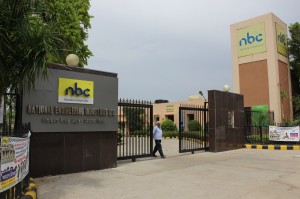 Friction is the major impediment for any moving object, though it is most sought after in braking and clutch operations. Though reducing friction has been the objective of the manufacturing industry, it is more so with the automobile segment since it directly improves fuel economy while also increasing overall efficiency. Besides, it also enhances life of the vehicle. In this scenario, bearings – be it roller or ball or other form – play a vital role. The efficiency of any bearing depends upon design and the manufacturing process. The mother plant of NEI situated in Jaipur is more than six decades old; today it is a prudent combination of tradition and modernity. Some of the elements of manufacturing such as the heat treatment plant, is nearing three decades of uninterrupted service, astonishing even the machine builder.
Friction is the major impediment for any moving object, though it is most sought after in braking and clutch operations. Though reducing friction has been the objective of the manufacturing industry, it is more so with the automobile segment since it directly improves fuel economy while also increasing overall efficiency. Besides, it also enhances life of the vehicle. In this scenario, bearings – be it roller or ball or other form – play a vital role. The efficiency of any bearing depends upon design and the manufacturing process. The mother plant of NEI situated in Jaipur is more than six decades old; today it is a prudent combination of tradition and modernity. Some of the elements of manufacturing such as the heat treatment plant, is nearing three decades of uninterrupted service, astonishing even the machine builder.
The company that commenced manufacturing in 1950 with an annual production of 30,000 bearings in 19 sizes has now grown in range and stature, making over 100 million bearings in more than a 1000 sizes every year. It has the capacity to develop bearings up to 2000 mm outer diameter. The product array includes ball bearings, tapered roller bearings, and double row angular contact bearings, cylindrical and spherical roller bearings. The company has specially equipped facilities to manufacture axle boxes for railway applications; cartridge tapered roller bearings and large diameter bearings for industrial applications and allied engineering products.
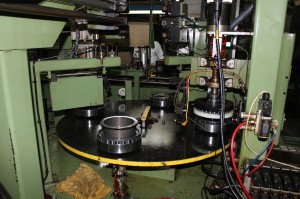 NEI has 3 production plants located in Jaipur, Newai (both in Rajasthan), and Manesar (in Haryana). The fourth plant – a green field project at Savli in Gujarat – will ship out its first bearings soon, which will ramp up the total production capacity to 150 million bearings per year. NBC bearings are widely used by 2 and 3 wheelers, cars, utility vehicles, commercial vehicles, tractors, electric motors, railway wagons, coaches and locomotives, steel mills, heavy engineering plants and thermal power plants. The automotive and railway industries form the two largest client segments of the company. NEI has also emerged as a leading exporter of bearings from India and its current export foot-print comprises of over 21 countries across 5 continents. Leading customers from US, Germany, Brazil, Japan, and Australia have entrusted NEI with their critical product requirements. It serves the Indian aftermarket through a countrywide network of 500 plus authorised partners. The company currently employs over 2,700 people.
NEI has 3 production plants located in Jaipur, Newai (both in Rajasthan), and Manesar (in Haryana). The fourth plant – a green field project at Savli in Gujarat – will ship out its first bearings soon, which will ramp up the total production capacity to 150 million bearings per year. NBC bearings are widely used by 2 and 3 wheelers, cars, utility vehicles, commercial vehicles, tractors, electric motors, railway wagons, coaches and locomotives, steel mills, heavy engineering plants and thermal power plants. The automotive and railway industries form the two largest client segments of the company. NEI has also emerged as a leading exporter of bearings from India and its current export foot-print comprises of over 21 countries across 5 continents. Leading customers from US, Germany, Brazil, Japan, and Australia have entrusted NEI with their critical product requirements. It serves the Indian aftermarket through a countrywide network of 500 plus authorised partners. The company currently employs over 2,700 people.
Manufacturing Unit in Jaipur
The first product manufactured at this plant was a ball bearing in the year 1949. At that time there was no ball bearing manufacturing in India so it is the oldest ball bearing manufacturing company in the country. In addition to making several varieties of bearings for automotive and other manufacturing segments, it makes around 10 varieties for railways. Besides supplying to Indian Railways, the company is also exporting to Brenco, US since it is certified by American Association of Rail and Road. Despite getting Deming Prize in 2010 the company went for a re-certification audit a couple of years later. It was audited for the Deming Grand Prize recently.
The Jaipur unit has about 25 manufacturing lines. While 19 lines manufacture ball bearings, the rest make other bearings including DRAC (Double Row Angular Contact) bearings, most of which go to Nissan. All the lines here are running as single-piece-flow, which means single quality bearings. The company outsources cages, seals and some part of balls. All races and other critical components are manufactured in-house.
Ball Bearings
The quality of the bearing depends upon the strength of material and the process, which is primarily heat treatment. The races of bearings are heat treated to improve strength. The company has a heat treatment machine commissioned as early as 1990 but still going strong. The furnace is controlled by a computer and all the required parameters are maintained at a minimum tolerance level. After the heat treatment process the races are moved to the super market – a storage area from where they are taken for subsequent process starting from grinding both sides of the races, which is called face grinding. Later, the races are sent for grinding the outer diameter. The grinding line has several machines with automatic loading process. During movement in this line the races are ground for inner dia, bore, and track. Later these races are super finished for ensuring a smooth track.
Assembly
The assembly operations are carried out in a controlled atmosphere to avoid dust particles. Human interference is totally absent and the parts for assembly are sent through conveyors. The assembly commences with washing the components, measuring the track and filling the balls. Later, the ball separators and retainers are fixed and riveted in the following station. There are poke-yokes at almost all stations to prevent the wrong part proceeding for further value addition. The rejected part is ejected out. The machine will stop and raise an alarm if there is rejection consecutively for the second time. A camera then captures the image of every part and matches with the template to clear the product. Further, it is de-magnetised and the dimensions and radial clearance are checked again for conformity. Seals are fixed to the bearings for customers who insist on it.
Three-stage washing
This is a specialty of NEI as the finished product is washed again at three stages, which is fully automated. In the first stage the bearings are washed through pressure cleaning. This is followed by ultrasonic cleaning and later it is put on to high pressure cleaning and dried. Before packing, each product is laser-marked for the brand, part number and the date and time of manufacturing. The time of manufacturing is marked on hourly basis and is automatically generated by the system. This helps the company to go to the genesis of the part, right from the material, heat treatment and assembly process, in case there is any complaint from the customer. Later, the bearings are packed according to customers’ choice.
Gen 1 Bearings
Gen 1 bearings undergo the same process of face, outer dia and inner grinding in a much more controlled environment, due to complex geometry. They are assembled in a dedicated assembly line.
Railway Bearings
Like other bearings, those meant for railways follow a similar sequence. As the sizes are larger, and for safety reasons, robots are deployed for heat treatment of cups that hold the rollers. Only loading is manual in the heat treatment process and the rest is fully automated. The heat treatment machine built in Germany is completely controlled by computers; it can even be accessed from Germany for operations, remote diagnosis and carrying out repairs – to some extent. Later the cups are ground and a dedicated conveyor takes the parts for phospating process. Subsequently, the bearings are assembled and dispatched after packing.
Taper Roller Bearing
The taper roller bearings also undergo an almost similar process. However, after washing, these are tested for vibration and free rotation since they are assembled by the customers. For exports, the cones and cups are sent separately to facilitate the vehicle manufacturer assembling the bearing in the wheel axles.
NEI has invested much in automation, specifically automation related to quality improvement and not related to manpower reduction. For instance, the parts from the grinding line are moved to the assembly area by workers. Since it began following single-piece-flow concept, it resorted to conveyors where on-line checking is also done, helping to maintain quality at a much higher level. Poke-yokes are abundant in this plant to ensure that a defective part never goes for further process. Right from material selection till the finished product is packed the company has mechanisms to check for conformity and quality. All these initiatives have made NEI a name to reckon with in the bearing manufacturing industry.
IN CONVERSATION: Rohit Saboo, President & CEO, NEI
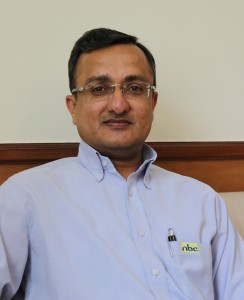
Q: At what ppm levels do you supply to your customers now and what is the target?
Saboo: Our warranty ppm will be in single digits, around 2 to 3. The regular supply would be about 30 ppm for ball bearing and slightly higher for taper roller bearing. Our target is to reduce it every year by 15%.
Q: How do you contain rejections?
Saboo: In the past few years, we have invested on automation to enhance quality and not only related to manpower reduction. Single-piece-flow helps us maintain the quality at a much higher level. We had a semi-automatic assembly, which is now completely automated eventually reducing human intervention. We have 1 person on the line instead of 4 earlier. This is how we have reduced the rejections.
Q: What percentage of the process is automated?
Saboo: Well, It will be different in different divisions. As far as ball bearing line is concerned, the automation would be 80% to 85% depending upon the part numbers. In taper roller, it will be around 75% while it is 50% in railway bearings. There is no automation in large diameter bearings.
Q: The Jaipur unit is one of the oldest plants, but could get the Deming award. What is the secret?
Saboo: There is no secret as such. We started our quality journey around 2001-2002. The first thing that we focused on was Total Productive Maintenance (TPM). Once the machine is properly maintained and up-time improved, automatically the consistency of quality will also improve. Earlier the rejections were around 10,000 ppm but now it has gone down to 100 ppm as far as internal rejections are concerned. The machine maintenance and condition is important to us because bearings are a very high precision item. If there is vibration or deviation in the machine, it affects our product quality. Later, we went for Total Quality Management (TQM), and now we are following both. We are now upgrading ourselves to predictive maintenance. Earlier, we used to wait till the machine breaks down, but now, when the machine gets old and starts giving signals, we pickup those signals and correct it then and there.


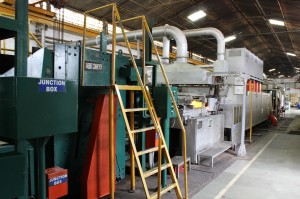
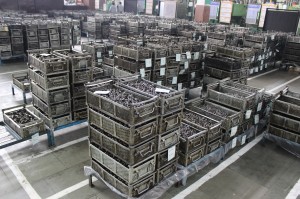
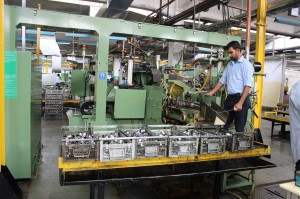
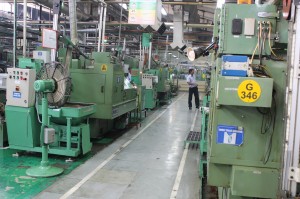
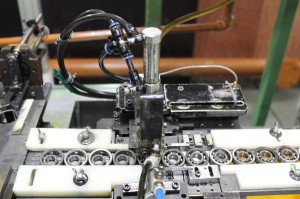
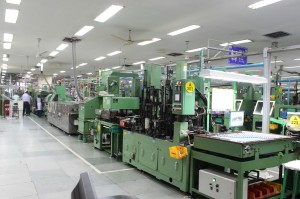
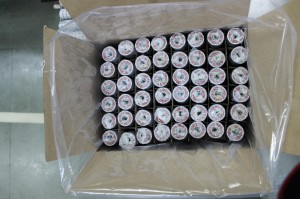
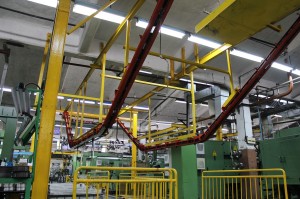
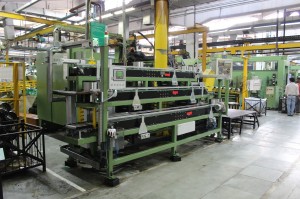
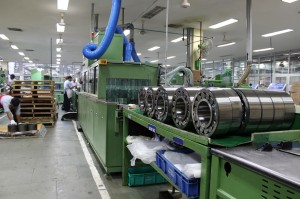
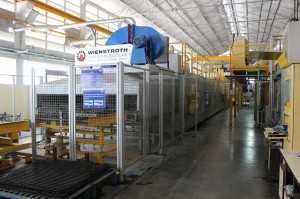
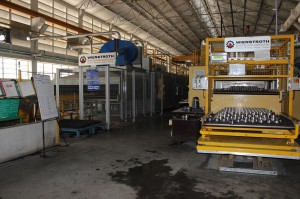
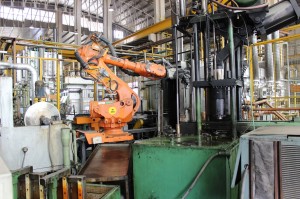
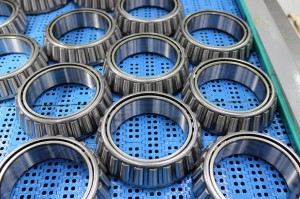
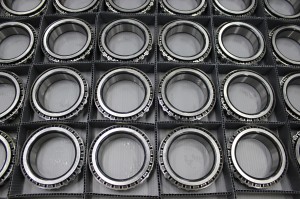
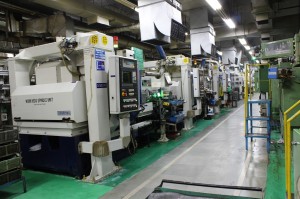
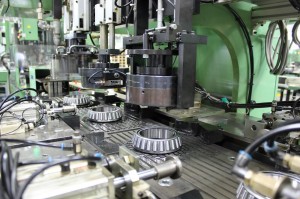

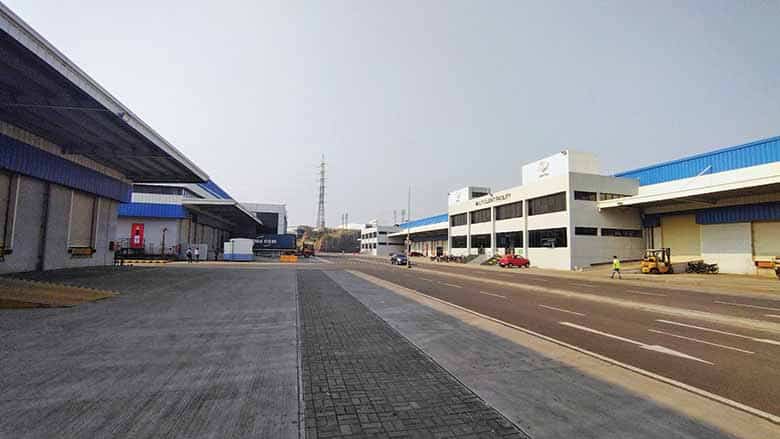

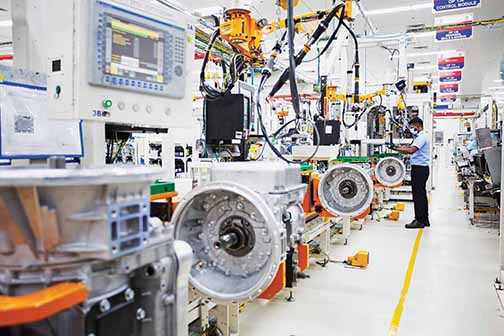
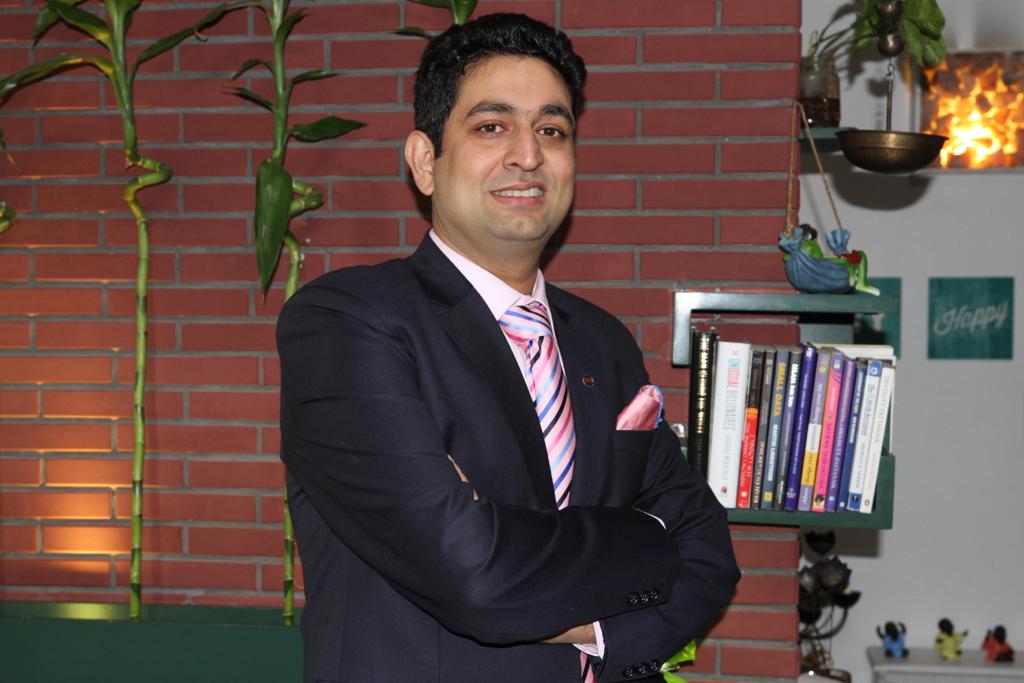
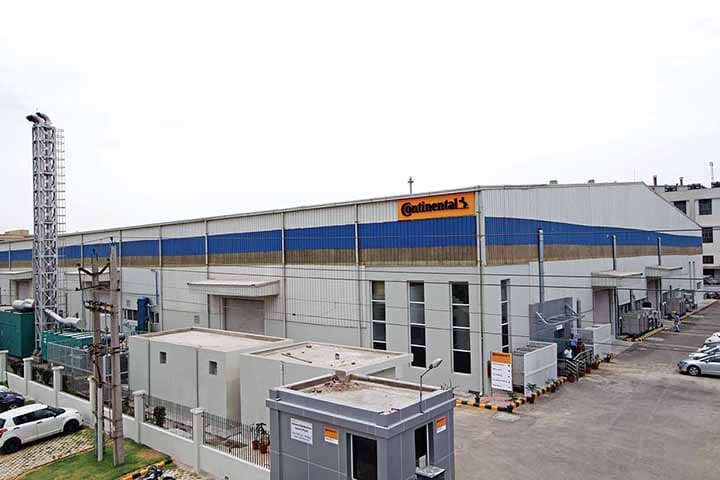
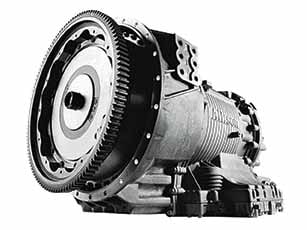


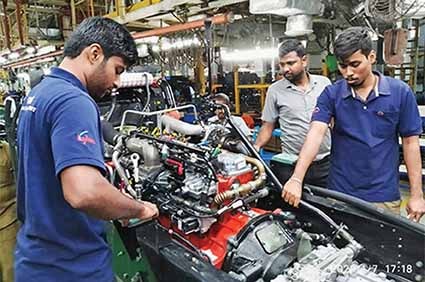
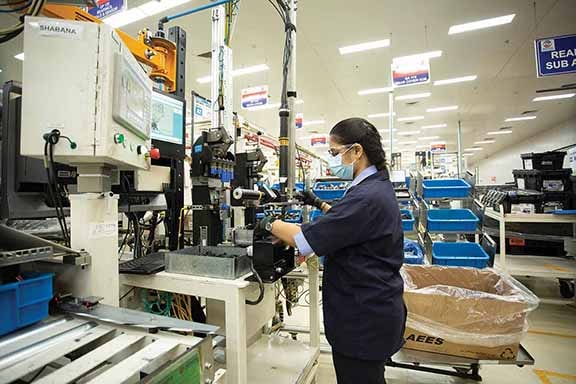
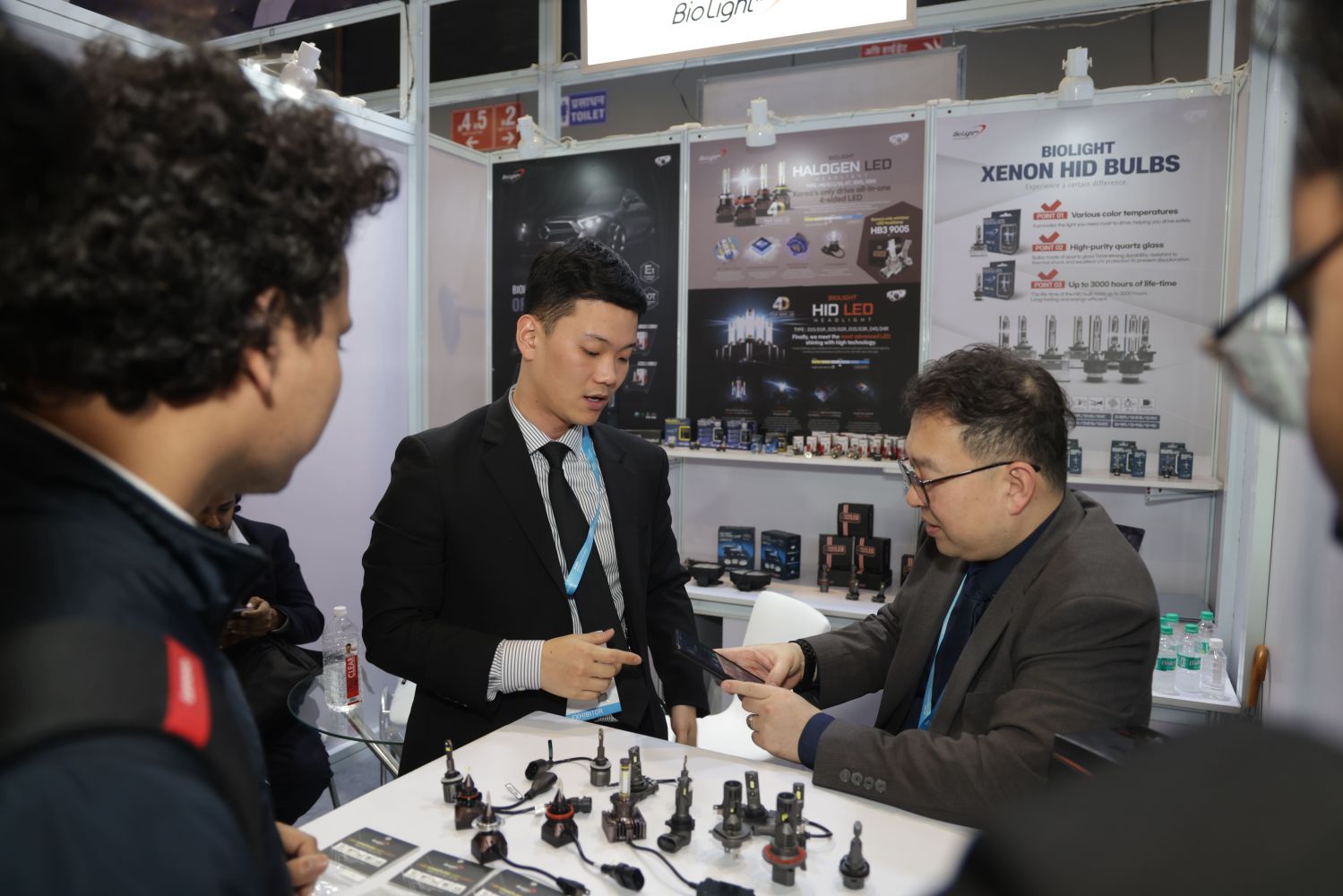
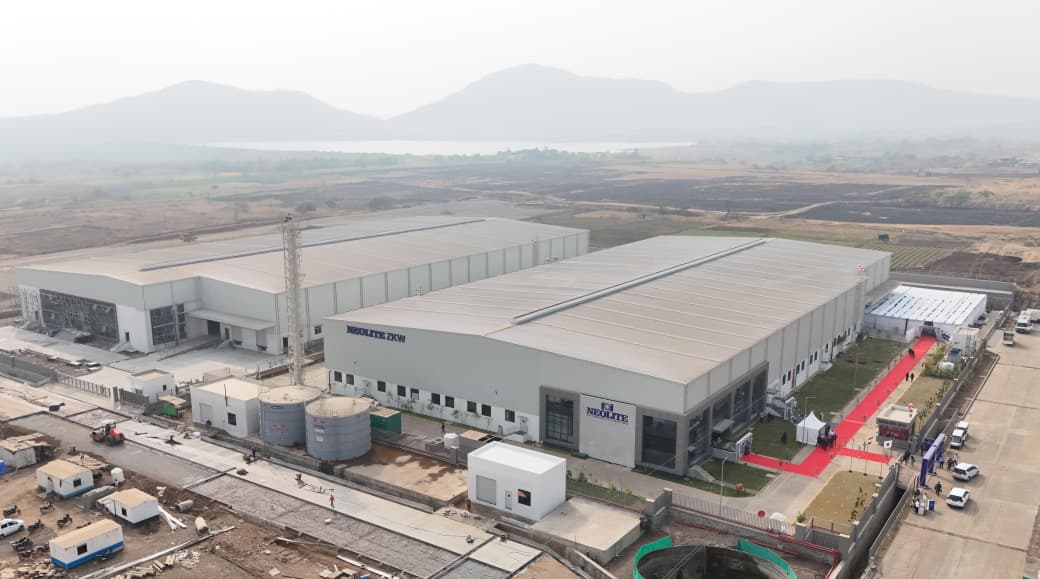
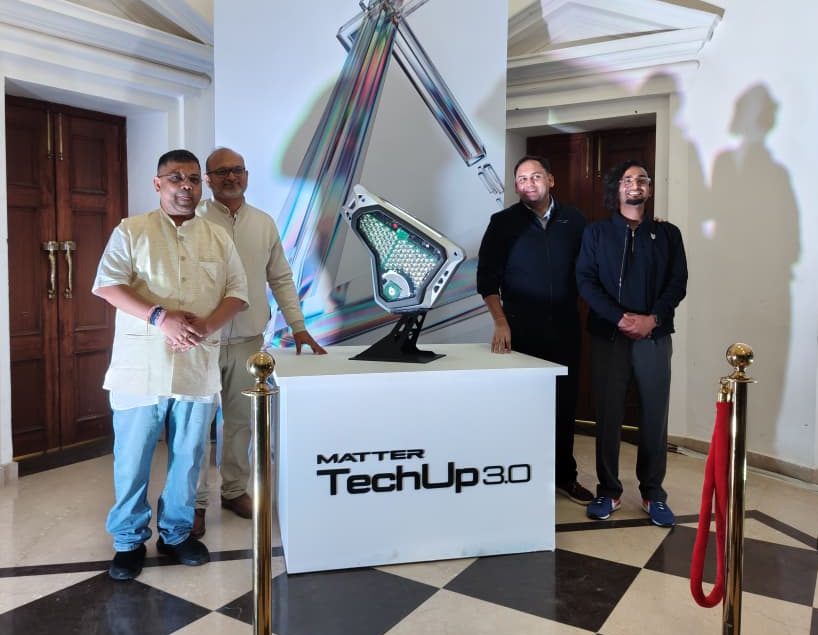
Leave a Reply